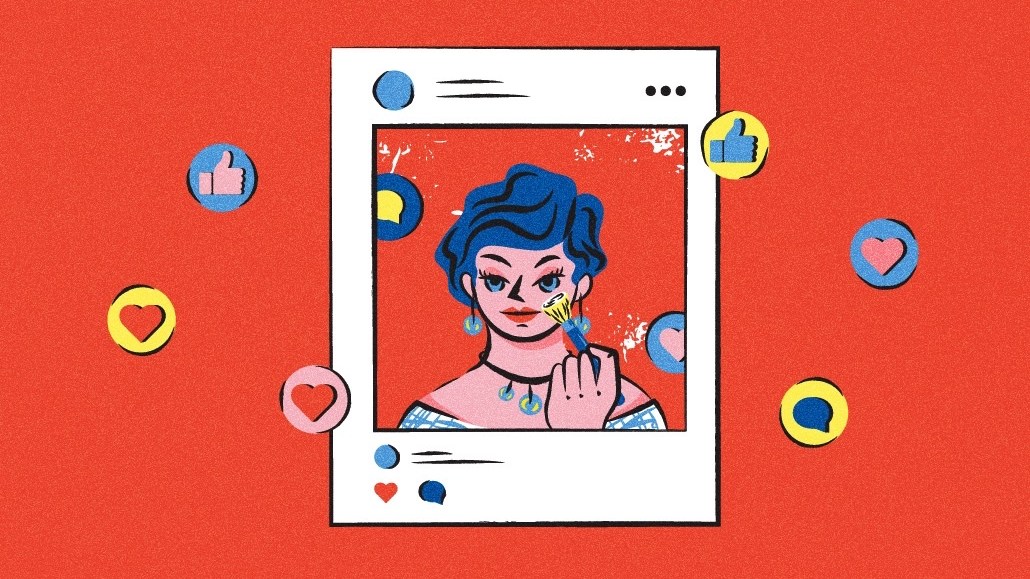Secure your place at the Digiday Media Buying Summit in Nashville, March 2-4
Research Briefing: Brands’ confidence in Instagram builds, but they seem unsure about TikTok

This research is based on unique data collected from our proprietary audience of publisher, agency, brand and tech insiders. It’s available to Digiday+ members. More from the series →
Interested in sharing your perspectives on the media and marketing industries? Join the Digiday research panel.
Welcome to the Digiday+ Research Briefing, your weekly curation of media and marketing research insights. Digiday+ members have access to the research below.
In this edition, we share focal points from Digiday’s recently released report about how marketers’ social platform budgets stack up.
CMO Strategies: Marketer confidence in Instagram increases from 38% in Q3 2022 to 46% in Q1 2023
Instagram, Facebook, TikTok and YouTube took the top spots for marketers’ budget spend in 2023, according to Digiday+ Research’s recent analysis of budget allocations across social media platforms. TikTok, which came in third, has risen to the top of many marketers’ minds because of its ability to create viral moments for brands. However, not all respondents to Digiday’s survey felt positive about TikTok’s potential. When asked about their confidence in TikTok as a successful marketing platform, brand respondents were less optimistic compared to when they were asked about Instagram.
Key findings:
- The percentage of respondents who said they were somewhat confident, confident or very confident in TikTok fell slightly between Q3 2022 and Q1 2023, from about 56% to 52%. The slight decrease can point to challenges with the platform as a marketing tool, such as unpredictability about what goes viral on TikTok and a potential ban in the U.S.
- Instagram saw an increase in marketer confidence within the same time period, from about 38% to 46%. Compared to platforms like TikTok and Reddit, which can pose brand safety risks through a lack of control over where marketing content appears, and specialized platforms like YouTube, which are limited to serving video content, Instagram continues to provide a wide range of tools for marketers and a consistent user base.

Forty-nine percent of publishers are already using generative AI
Generative artificial intelligence technology has become inescapable in almost every industry. In publishing specifically, there’s been significant talk about how to apply generative AI, and whether to apply it at all. In case you missed it, according to a recent Digiday+ Research survey of 72 publisher professionals, nearly half (49%) of publishers are already using generative AI technology, while another 51% said their companies are not making use of the technology — yet.
Key findings:
- More than half (54%) of publisher pros who aren’t currently using generative AI said they plan on incorporating the technology sometime in the next year. Although, 46% of those not using generative AI said they have no plans to start in the next 12 months.
- Among the publisher pros who are already using generative AI, nearly two-thirds (63%) are using the tech for writing copy. That’s followed by 49% who use the technology for research, and 46% who use generative AI for marketing purposes.
See research from all Digiday Media Brands:
More in Marketing

Future of Marketing Briefing: AI’s branding problem is why marketers keep it off the label
The reputational downside is clearer than the branding upside, which makes discretion the safer strategy.

While holdcos build ‘death stars of content,’ indie creative agencies take alternative routes
Indie agencies and the holding company sector were once bound together. The Super Bowl and WPP’s latest remodeling plans show they’re heading in different directions.

How Boll & Branch leverages AI for operational and creative tasks
Boll & Branch first and foremost uses AI to manage workflows across teams.








